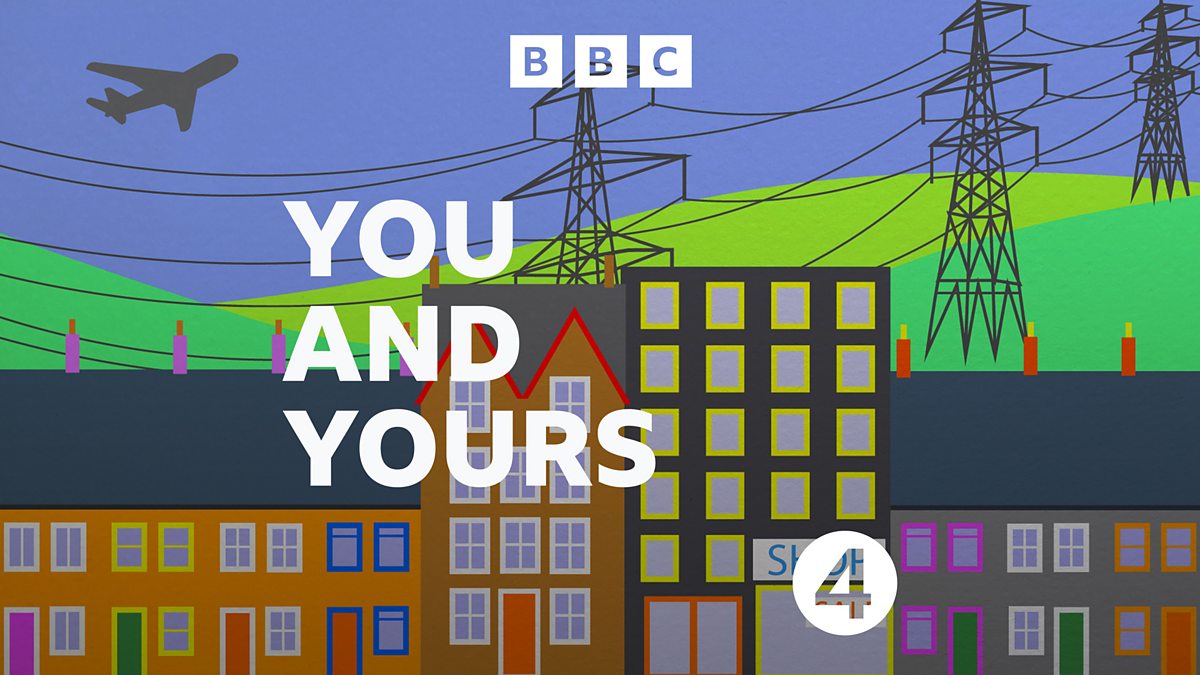Abstract
This article reports finding from a Serve Legal survey on young people's attitudes toward the Conservative Party's pledged cigarette ban, revealing that over 70% believe it will lead to increased illegal proxy sales. The survey covers various aspects, including public sentiment, vaping restrictions, government efforts, and insights from smokers. The majority of respondents feel that the government's efforts have fallen short in achieving a smoke-free generation. Smokers are largely unswayed by the government's campaign, with only 13% considering quitting. The article also highlights concerns such as ease of implementation, tax revenue loss, black market sales, and potential organized crime involvement.
Young People’s Attitudes to the Conservative’s Pledged Cigarette Ban
In the ever-evolving landscape of public health and official policies, it's crucial to stay attuned to both the voice of the government and the voice of public opinion. One such recent development that garnered significant attention was Prime Minister Rishi Sunak’s announcement regarding cigarette regulations, at the Conservative Party Conference.
‘People take up cigarettes when they are young. Four in five smokers have started by the time they are 20. If we could break that cycle, if we could stop the start, then we would be on our way to ending the biggest cause of preventable death and disease in our country. So, I propose that in future we raise the smoking age by one year, every year. That means a 14-year-old today will never be legally sold a cigarette and that they - and their generation - can grow up smoke-free.’ (Sky News, 43:30)
To gain insight into public sentiment and reactions, Serve Legal conducted a survey among its diverse auditor community, who are often the eyes and ears of the nation's compliance landscape. In this blog, we'll explore the key takeaways from the survey and delve into the auditors' responses.
After collating responses from more than 500 members of our auditor community, spanning an age range from 16 to 60, we uncovered intriguing insights into various interconnected subjects. Our survey findings, led by those aged 16-21 who make up 81% of the responses, are most closely aligned with those impacted by the ban
The following article outlines attitudes towards the ban, restrictions on vaping, adequacy of government efforts, the smoker's perspective, additional insights and respondent comments from our Serve Legal Survey Data">
Attitudes Towards the Ban
Our survey consisted of 60% of respondents who had consumed either a vape or a cigarette to some degree, whether that was socially or habitually – 20% as habitual vapers and 11% as habitual smokers. When asked on their approach to the Conservative’s Government’s plan to the smoking ban, a significant majority, equivalent to two-thirds of respondents, indicated their agreement or strong agreement with the ban; slightly over half of the respondents expressed confidence in its efficacy in progressing our nation toward a 'smoke-free' generation.
Of note, 14% of the survey participants, while endorsing the ban, expressed apprehensions regarding its potential effectiveness in realising the Government's objectives.
Restrictions on Vaping
With regards to the Government’s proposed restrictions on disposable vape products, our auditors exhibited a more optimistic outlook, with a notable 85% of respondents expressing belief that these measures would yield positive environmental outcomes. This optimism stems from the anticipation that fewer plastic vaping devices will be produced and discarded at high rates. However, when it comes to the ban's potential to dissuade young individuals from taking up vaping, over half of respondents (55%) do not believe that these efforts will dissuade people from vaping.
Since the enactment of the 2007 legislation to raise the legal smoking age from 16 to 18, the issue of proxy sales has gained prominence within the sector. Proxy sales involve the sale of age-restricted products to adults purchasing on behalf of underage customers. With the latest Government announcement affecting those born after January 1st, 2009, a situation may emerge where friends within the same school year find themselves separated by their ability to purchase cigarettes. This scenario raises concerns about a potential upsurge in proxy sales, whether facilitated by peers, siblings, or family members.
When asking our respondents, a staggering 73.4% believe that proxy sales would increase as a consequence of the ban – whether that be for cigarettes or vapes.
Adequacy of Government Efforts
The pertinent question arises: Have the measures proposed by the government been sufficient to propel us toward the envisioned smoke-free generation? The sentiment among two-thirds of our respondents is resounding in its negativity; they believe that the government have simply not done enough. They believe that this Government announcement alone has not gone far enough.
The Smoker's Perspective
A segment of our survey was dedicated to directly engaging with smokers, aiming to gauge whether the government's proposals could influence their stance on their current smoking habits. Interestingly, only 13% of respondents within this group believe that the new government campaign would dissuade them from purchasing cigarettes. This leaves a significant 87% of this audience either undecided in their choice or resolute in their commitment to continue smoking. When questioned about the announcement’s effectiveness is those transitioning from smoking, a noteworthy 20.3% expressed the possibility of the campaign encouraging them to consider transitioning to vaping.
Additional Insights
In addition to the structured survey questions, respondents were given the opportunity to provide further comments, shedding light on potential challenges the new Conservative agenda might encounter. These comments underscored concerns related to:
- The ease of implementation for sales assistants as the age requirement continues to increase.
- The potential for tax revenue loss and negative economic repercussions.
- The heightened risk of black market sales.
- Worries about organized crime groups exploiting tobacco proxy sales and distribution in a manner akin to illegal substance dealing.
Respondent Comments
Our respondents were encouraged to share their thoughts during the survey. Below are some comments from a range of contributors:
‘Under 18s can’t buy cigarettes but I started smoking at 16. People that want to smoke will find ways to do it, it’s the same with drugs.’
‘I believe it will increase the black market for cigarette demand.’
‘I don't think the proposals will work at all because I suspect, teenagers will get more of a kick out of smoking illegally.’
‘As a teacher, I have seen there is a huge issue with vaping in schools. Making these less appealing to children is a good step in the right direction.’
‘There should be a fine to the young person or their parents. There needs to be consequences.’
‘I believe that smoking should be licensed and licences can be lost through proxy selling. It would also prevent under age sales.’
Serve Legal remains committed to staying at the forefront of compliance monitoring, adapting to the evolving regulatory landscape, and ensuring that the voice of young people continues to be a valuable resource in shaping responsible policies for the benefit of society as a whole.
For further insight into Serve Legal’s presence in this industry or to get in touch regarding our audit programmes, please email: businessenquiries@servelegal.co.uk









